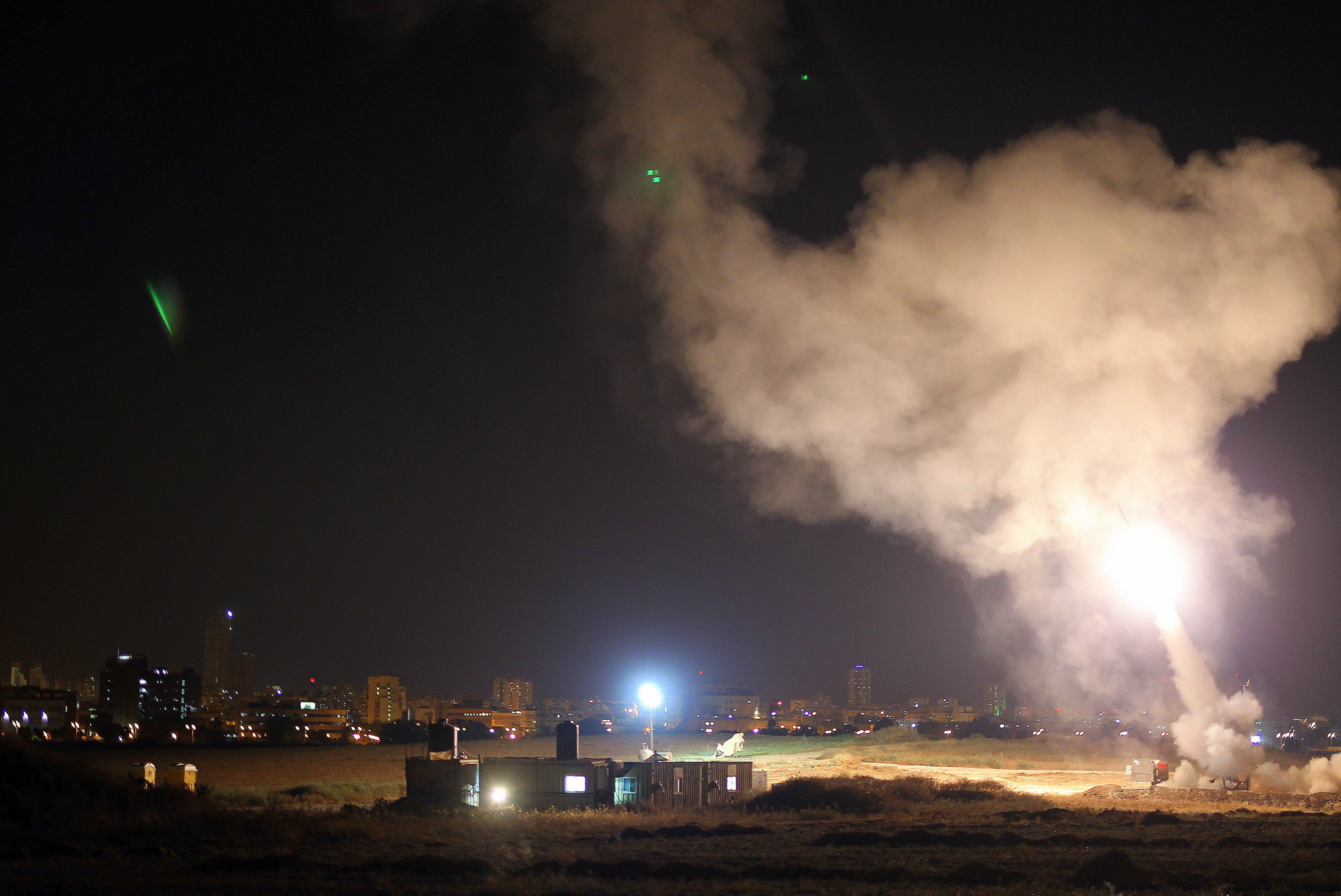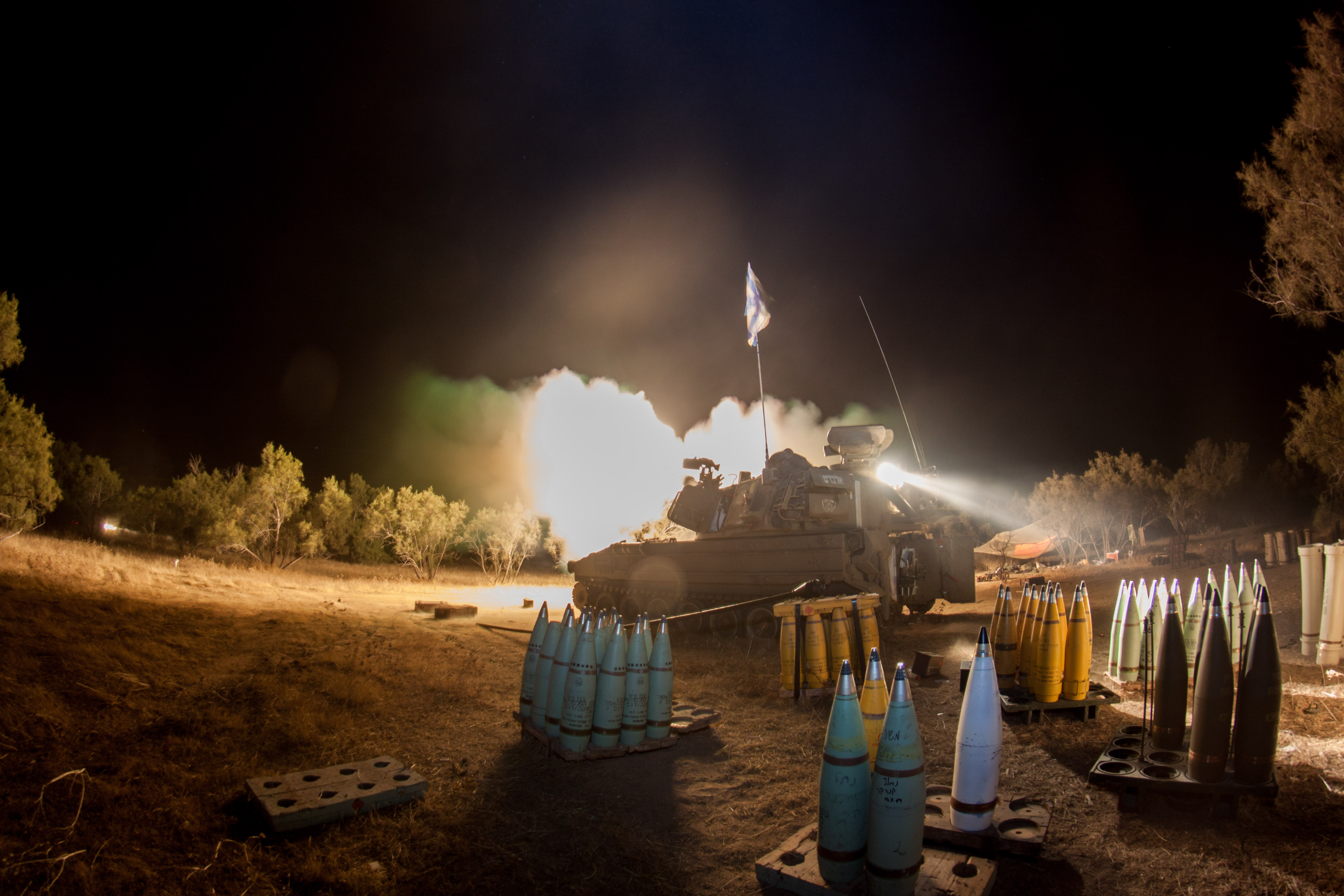Publications
INSS Insight No. 1336, June 17, 2020

The Ministry of Defense and the Ministry of Finance are preparing the next defense budget, which is especially challenging in light of the current economic crisis. In this budget, similar to past budgets, there will likely be a notable absence of the direct costs of wars or large military campaigns liable to occur. In practice the Defense and Finance Ministries calculate such costs in retrospect, and only then do they explore funding sources. This article examines this issue and concludes that the costs of war and resulting damage to the economy should be considered as well when weighing whether to embark on war and how the war should be conducted, particularly when the initiative is in Israel’s hands. There must also be efficient use of resources during wartime, e.g., munitions supplies, that affect military operations and the duration of combat.
In the present budgetary system, only after a war or major campaign ("war event") takes place do the Ministry of Finance and the Ministry of Defense (MOD) begin to calculate expenses, after which the Ministry of Defense is indemnified by the government. The indemnity is added to the updated budget for that year and/or budgets for future years, and is derived from the direct expenses incurred by the Ministry of Defense from the event: costs of munitions, logistical expenses, stock replenishment, flight hours, medical care, and reserve call-ups. Multiyear costs of rehabilitating disabled soldiers and caring for the families of fallen soldiers have also increased. In addition, war events reveal deficiencies in military preparedness that were not previously prioritized, which must then be urgently redressed.
Past discussions about indemnities to the MOD for war events typically featured disputes between the Ministries of Finance and Defense, in which the former pressed to fund a larger portion of the war/campaign costs by redirecting funds from within the preexisting defense budget allocation. This is typically justified with the argument that during wartime other activities, such as training exercises, are not carried out. In this context there was even a dispute over whether the IDF should be indemnified for the use of munitions and equipment that according to the formal definition had expired, and what price should be assigned to such supplies.
The military expenses of the Second Lebanon War in 2006 were estimated at NIS 9.4 billion. After negotiations between the Ministries of Defense and Finance the government authorized an NIS 8.2 billion indemnity for funding the costs of combat, spread out over three years. The Ministry of Defense allocated NIS 1.2 billion of its own resources over the course of those three years. The Brodet Commission subsequently found deficiencies in the economic effectiveness of the conduct of the war, including ineffective use of munitions during the war, and the fact that high-ranking officers responsible for carrying out military actions with far-reaching economic consequences acted without proper monitoring. The Commission also claimed that the Ministry of Defense manages its budget without any internal reserve; this does not allow decision makers flexibility during unexpected situations and leads the Ministry to approach the government regarding any unexpected development, which in practice decreases the budgets of civilian ministries and disrupts their performance. The Commission recommended that the defense budget include a certain sum (NIS 800 million) that would be available for unusual security events.
The cost of Operation Cast Lead (December 2008-January 2009) was estimated at NIS 3.3 billion. Of this amount, the government allocated the Ministry of Defense a budget addition of NIS 2.45 billion, and the Ministry was charged NIS 0.8 billion (based on the reserve mandated by the Brodet Commission). The indemnity for Operation Cast Lead was spread over two years (2009-2010).

During Operation Protective Edge (2014) several changes were made in the management of resources by the IDF and its work with the Ministry of Finance. Alongside the regular forums for ongoing management of the war, a force buildup team was established, led by the Planning Division. The forum met on a daily basis with the aim of streamlining resource management during combat. As part of its work the forum was updated about the use of resources in the war, oversaw resources identified as critical, oversaw special expenses for the various arms of the IDF and acquisitions, and made recommendations on force buildup. During the daily discussions on calculating the costs of the operation, which were led by the financial adviser to the Chief of Staff, representatives of the Accountant General were included for the first time as full partners in these calculations. As a result, the financial reckoning between these parties occurred in real time and not after the fact, and was carried out with the Accountant General rather than with the Budget Department of the Ministry of Finance as in the past. After Operation Protective Edge, the Ministry of Defense was indemnified for NIS 7 billion for combat expenses, of which 6.25 billion were already given during the 2014 fiscal year.
In spite of the tightened monitoring of combat costs for Operation Protective Edge, criticism was once again voiced about inefficient use of munitions during the operation. For example, former Deputy Chief of Staff Maj. Gen. Yair Golan said in September 2018 that "the Air Force shot 1200 precision munitions at empty targets at a cost of hundreds of millions of shekels, without accomplishing anything."
In accordance with the Kahlon-Yaalon agreement for the years 2015-2020, the defense budgets for the multiyear Gideon plan do not include a budget for war events. Thus, if a war or large campaign takes place the defense establishment will receive an indemnity above and beyond the defense budget, and in the case of an economic crisis the defense budget might be reduced.
Significance
Wars and large campaigns add significant expenses to the defense budget. In the process of deciding to embark on campaigns and wars and in their duration, Israel must also take into account he direct expenses to the security establishment and the damage to the economy (which is not discussed here). Clearly the cost of a future war will be a function of the nature of the war and its evolution, and will not necessarily resemble the cost of the previous war.
Harm to the effective use of resources during war is not only an economic issue, but also has operational implications. For example, overuse of munitions stockpiles in one place may cause a shortage elsewhere on the front lines, limit the number of possible days of combat, and reduce the IDF's ability to deal with the scenario in which additional fronts are opened at the same time. In the IDF and the Ministry of Defense efforts are underway to increase the economic streamlining of combat events, but there is still a long road ahead.
It is recommended to present decision makers with the estimated costs of wars and campaigns at the time they are approved, to brief commanders, and to add monitoring mechanisms on using supplies during war. This year the defense budget is likely to face especially heavy pressure because of the economic crisis, but for future years adding a reserve fund to the multiyear plan for exceptional security situations should be considered. If the reserve budget of a given year is not used during that year, it will be added to the reserve budget of the following year, until the end of the plan.


